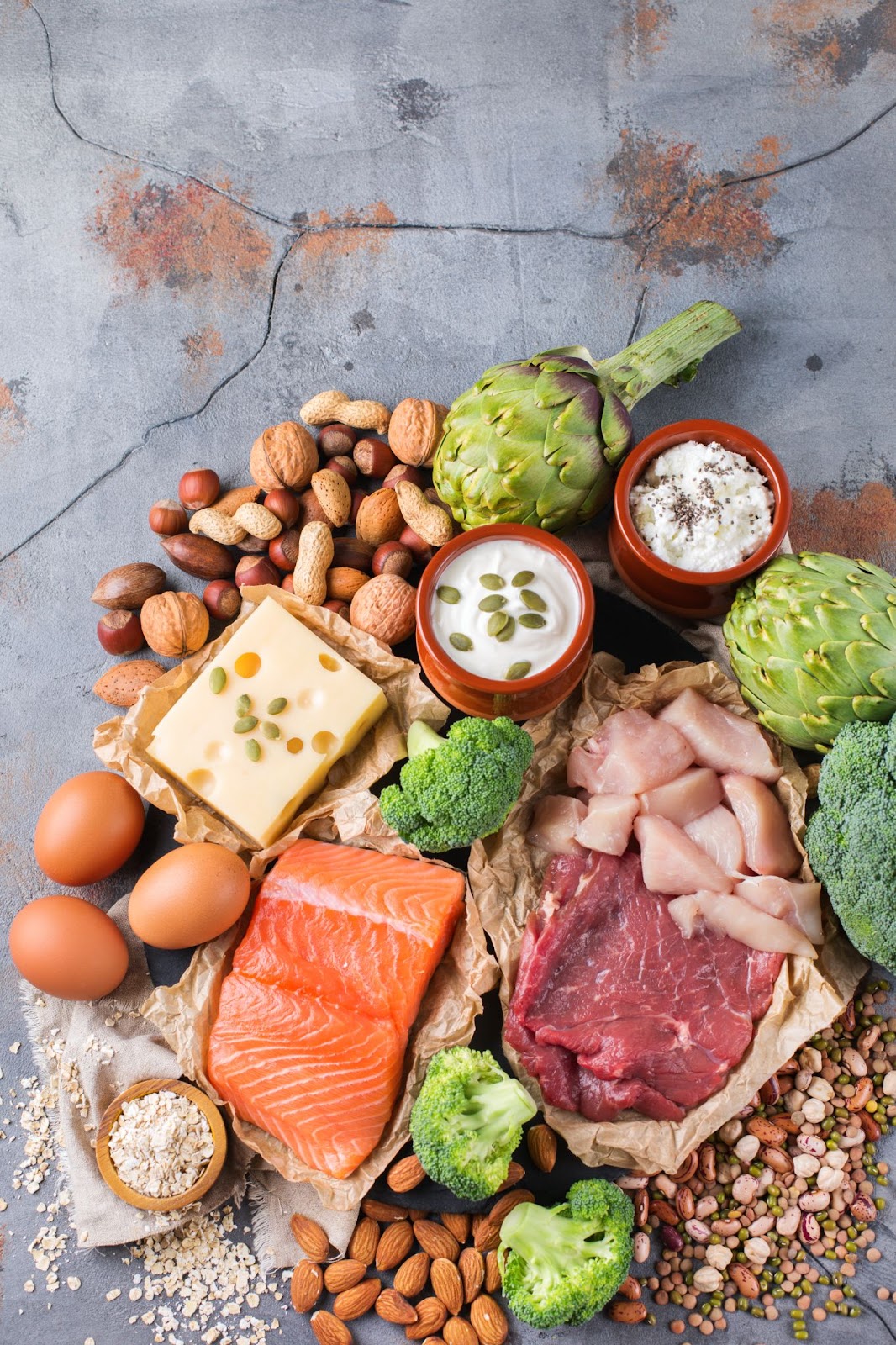Weight loss isn’t about concerning and counting every single calorie or cutting all your favourite foods. It’s about making small, sustainable changes that add to big results. But in reality, you’ve often been discouraged by the idea of “dieting’ you’re not alone.
Wait, Picture this: you’re savoring a satisfying, healthy meal that leaves you full and energized- all while supporting your weight loss goals. Sounds great, right? In this piece, we’re going to dive into some healthy foods that are perfect for weight loss and getting energized. From the goodness of avocado to the sweetness of apples, these foods nourish your body and help you feel your best. If you are ready to enjoy the weight loss journey, add tasty, healthy food to help you lose weight while still enjoying every bite!
Healthy Food Ideas for Weight Loss
1. Avocado
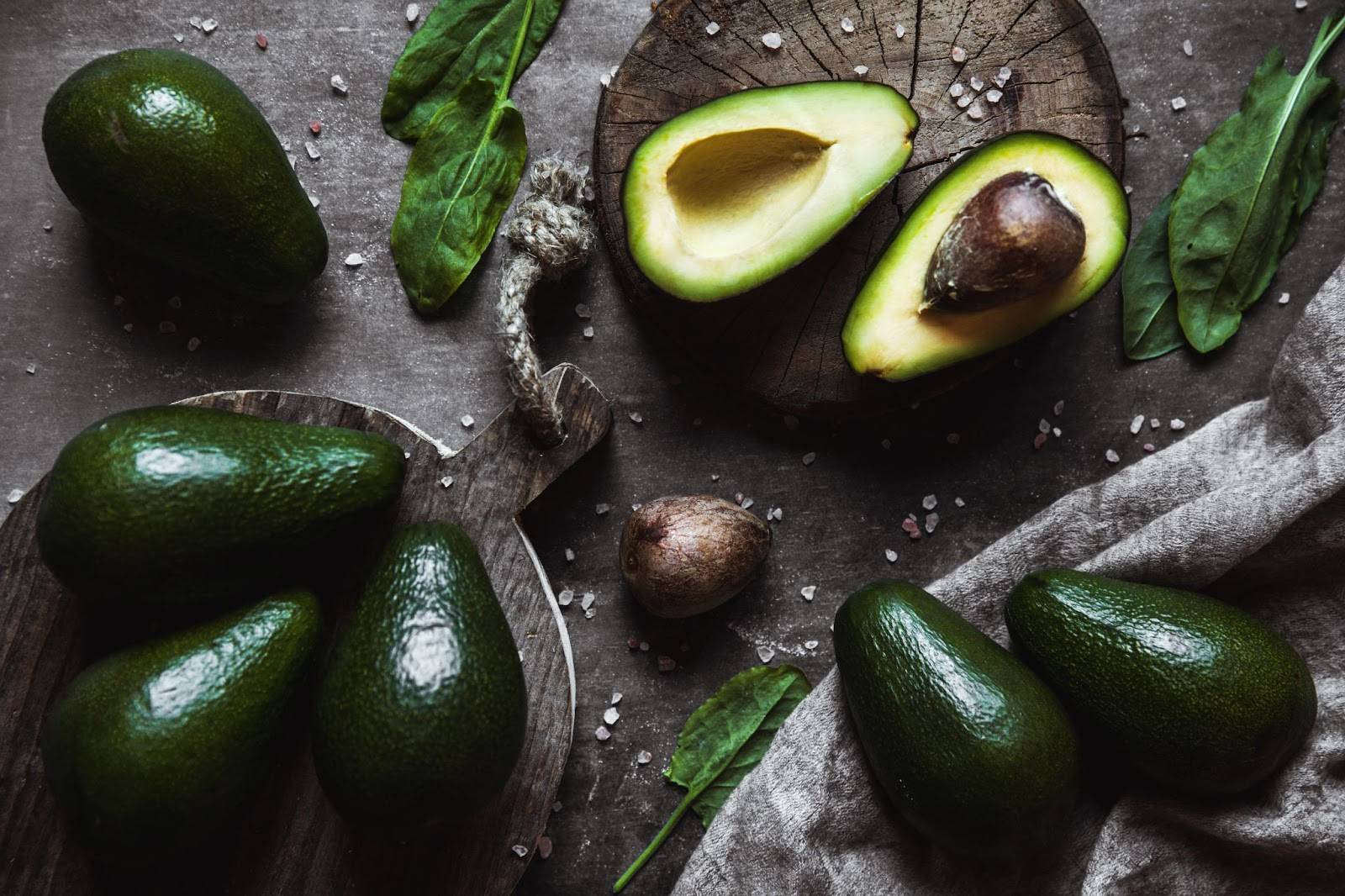
Avocado is hailed as a “superfood” for a good reason. This creamy green flesh fruit is full of heart-healthy monounsaturated fats, fiber, and critical vitamins like E, K, and B6. Avocados, which are pear-shaped, are truly calorie-dense. Whether small or large, they’re incredibly satisfying and can help curb hunger, making them a great addition to a weight loss plan.
How many calories are in an Avocado?
A medium-sized avocado (approximately 150 grams) contains around 250 calories. While this may sound like a lot, the key is to focus on how nutrient-dense those calories are. Avocados offer a substantial amount of healthy fat, which keeps you full for a time. This overall pattern reduces overall calorie consumption throughout the day, which enhances the weight loss journey.
Health benefits of Avocados
Avocados play a crucial role in supporting digestion and maintaining overall health:
- High in Fiber: A medium avocado contains 10 grams of fiber, which aids digestion, supports gut health, and promotes a feeling of fullness.
- Rich in Healthy Fats: High in monounsaturated fats, particularly oleic acid, which supports heart health and helps lower bad cholesterol (LDL).
- Packed with nutrients: A great source of vitamins and minerals, including potassium (helps regulate blood pressure), vitamin K, vitamin E, and several B vitamins.
- Antioxidant-Rich: It contains antioxidants like lutein and zeaxanthin, which are beneficial for eye health and may reduce the risk of age-related macular degeneration.
- Supporting Weight Loss: Helps with weight management by promoting satiety and reducing overall calorie intake.
- Anti-inflammatory properties: Rich in antioxidants and phytochemicals that may help reduce inflammation in the body.
- Apple
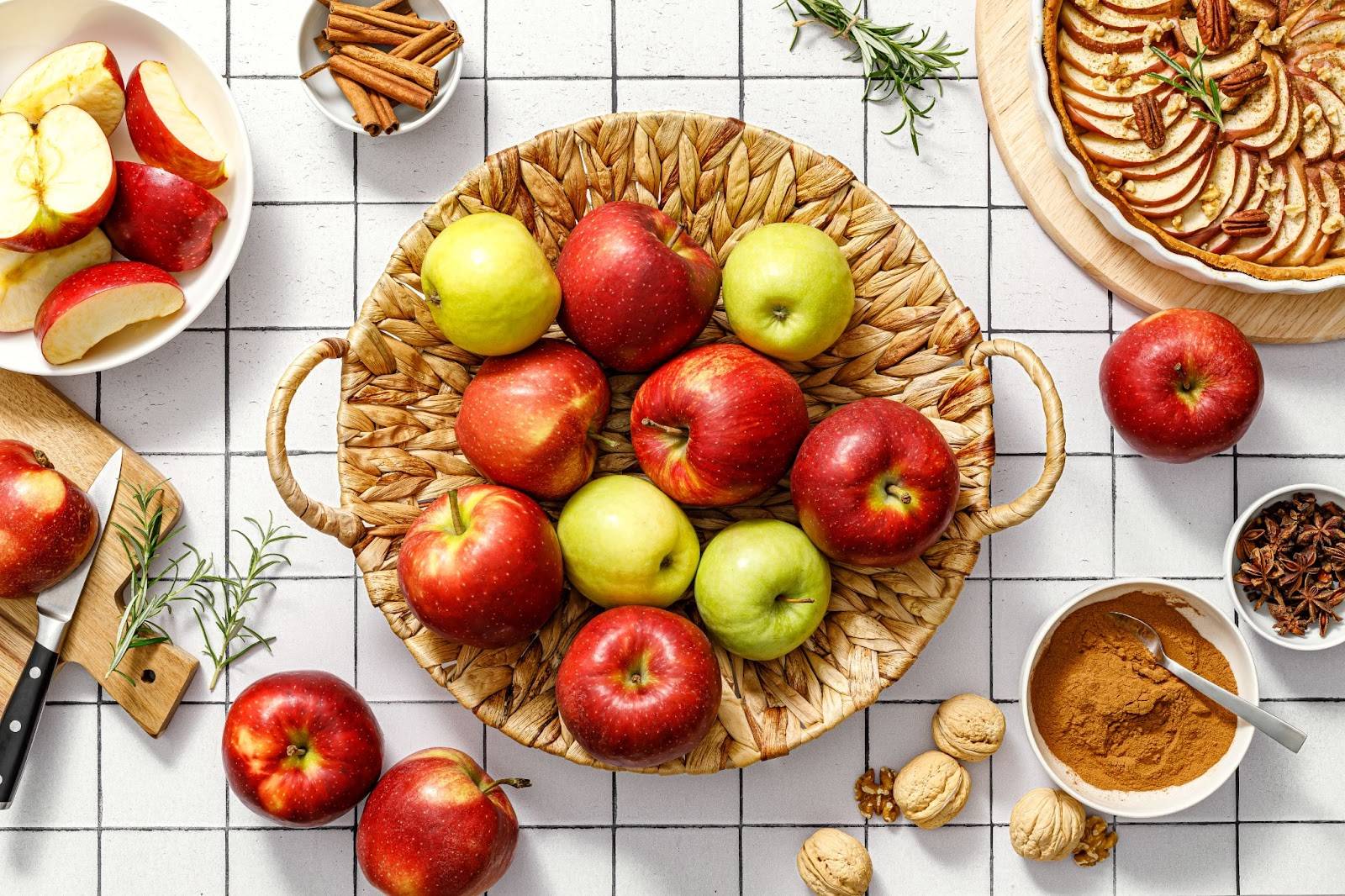
The famous saying, ” An Apple a day keeps a doctor away,” is really true when it comes to weight loss. You may get this when you are on a weight loss journey. Finding satisfying snacks that don’t derail your goal is essential. Apples are a perfect example of nutrient-packed, low-calorie food that can easily be incorporated into any diet plan
How many Calories are in Apple?
A medium-sized apple ( about 180-200 grams) contains approximately 100 calories. Apples are rich in fiber (4 to 5 grams per medium fruit), which helps to slow digestion and maintain the feeling of fullness. This makes apples an excellent food option if you want to avoid overreacting.
Health Benefits of Apples
- Rich in Nutrients: Apples provide essential vitamins (like Vitamin C), minerals, and fiber.
- Boost Heart Health: They contain antioxidants and fiber that can lower cholesterol and improve heart health.
- Aid Digestion: Apples are high in dietary fiber, promote healthy digestion, and prevent constipation.
- Support Weight Loss: Low in calories, apples can promote satiety, helping with weight management.
- Improve Immune Function: The Vitamin C content helps strengthen the immune system.
3. Eggs: A Protein-Packed Weight Loss Ally
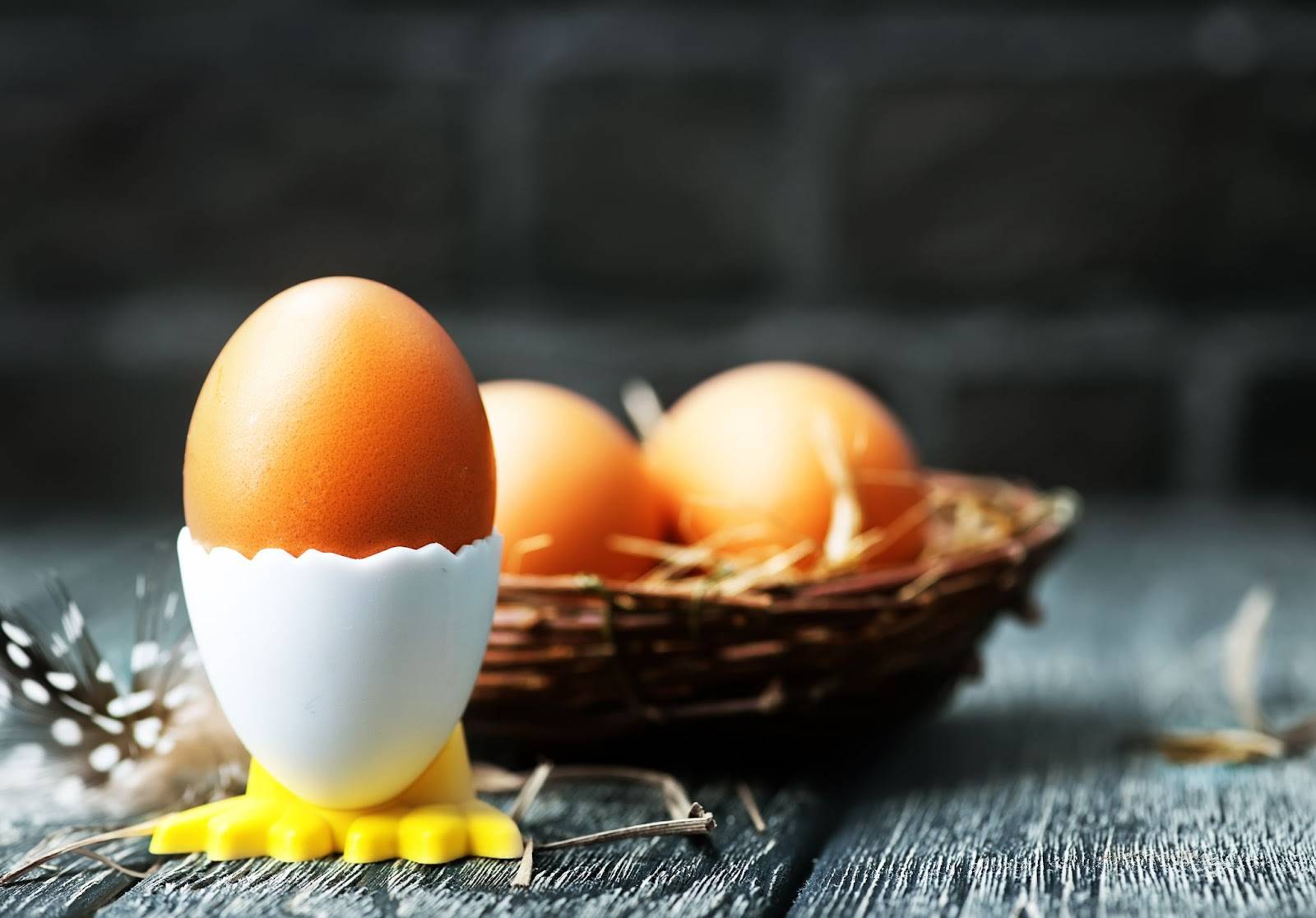
Eggs have been known to be a nutritional goldmine for a long time now. It is highly portable, nutritious, and a good source of high-quality proteins, vitamins B12, D, and choline. The fact is that eggs will work very well for those who decide to shed extra kilos but will not allow you to feel hungry.
How Many Calories are in 1 Egg?
A large egg has approximately 70 – 80 Kcal, depending on how it is cooked. Although fat and calories are the richest in the yolks, they pack nutrients in the same vessel as well. Protein is, therefore, particularly critical for weight loss since protein in the body helps build muscle tissue, enabling the burning of fat calories whilst at rest.
Health Benefits of Eggs
- High-Quality Protein: Protein helps repair and build up muscles, and egg is a full-breed protein.
- Rich in Nutrients: They contain B-12 vitamin, D vitamin, and minerals such as selenium.
- Promote Eye Health: They are also rich in lutein and zeaxanthin, which help prevent various age-related diseases of the eyes.
- Support Brain Function: Choline in eggs plays an essential role in the health of the brain and cognition.
- Aid Weight Management: It is high in nutrients and helps control the appetite while being a suitable meal for weight loss.
4. Chicken Breast: A Lean Protein Powerhouse
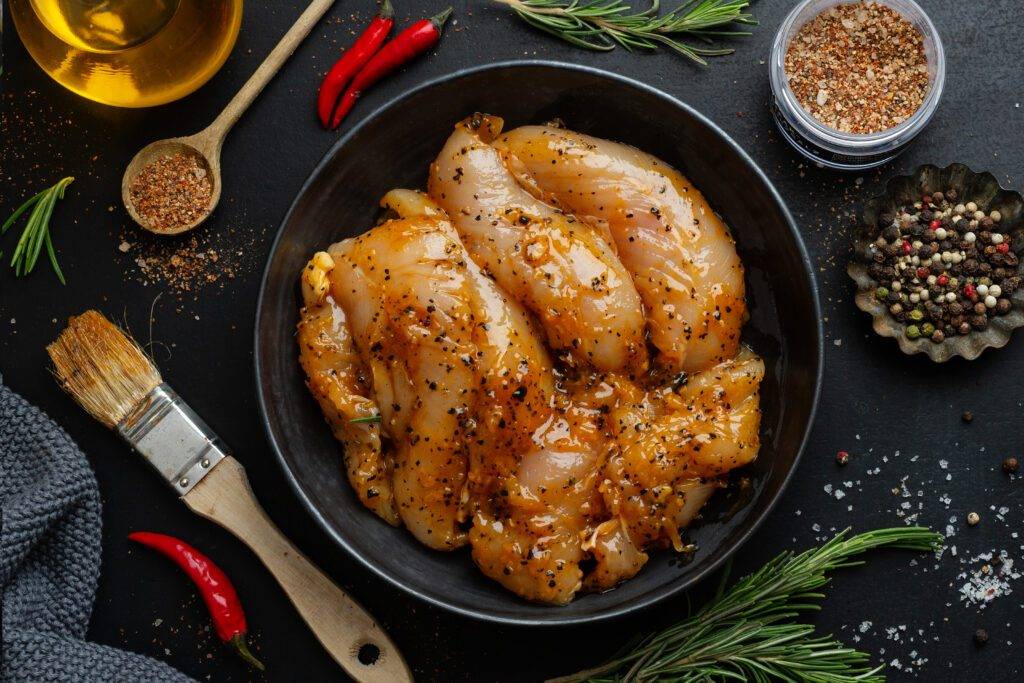
For something as tasty and protein-packed as chicken breast, there is no better go-to food for anyone trying to lose weight. Due to its fat content, lean sources of proteins such as chicken breast are ideal for any weight loss program and bodybuilding.
How Many Calories Are in a Chicken Breast?
About 140-165 calories are found in 3 ounces of skinless, boneless chicken breast. First, chicken breast is a lean meat that is a good source of protein; this means that when eaten, it will leave you feeling full rather than heavy due to excess, fattening calories.
Health Benefits of Chicken Breast
- High in Lean Protein: Chicken breast is an excellent source of lean protein, supporting muscle growth and repair.
- Low in Fat: It’s low in fat, making it a heart-healthy option for maintaining a healthy weight.
- Rich in Vitamins and Minerals: It provides essential nutrients like B vitamins (especially niacin and B6) and selenium.
- Boosts Metabolism: The protein content in chicken breast helps increase metabolism and burn fat.
- Supports Bone Health: It’s a good source of phosphorus, which helps maintain strong bones and teeth.
5. Banana: A Quick, Energising Snack
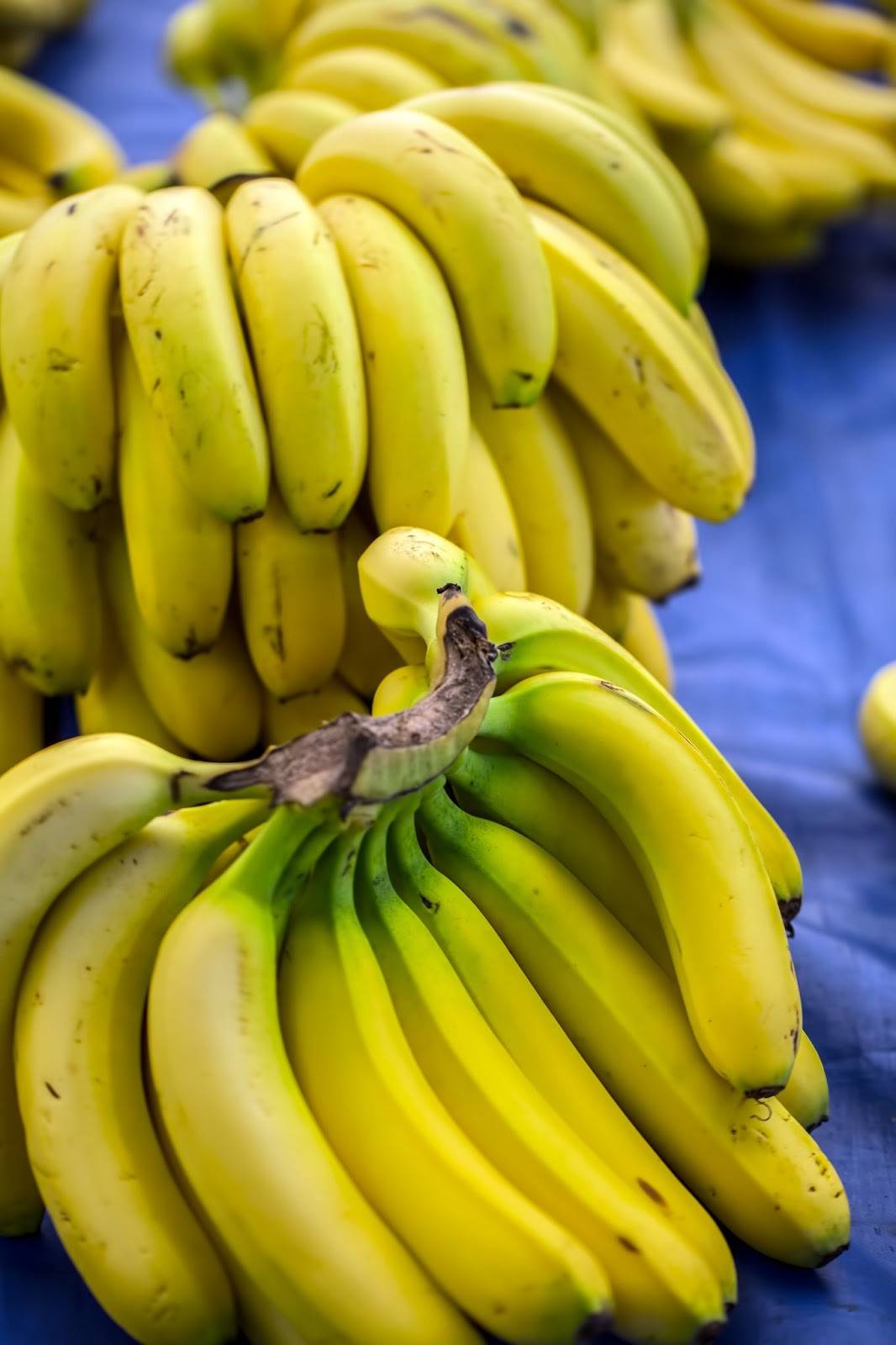
Many people enjoy bananas because they are sweet and easy to handle. Skim milk products are also a good source of potassium, vitamin C, and fiber, which makes them suitable for anyone preparing to shed a few pounds while staying energized.
How Many Calories Are in a Banana?
One average banana (118 grams) is a nutritious fruit with around 105 calories. Bananas contain a lot of carbohydrates, natural sugars, and fiber, which gives you energy and, at the same time, takes longer to digest, hence keeping you full.
Health Benefits of Banana
- Rich in Potassium: Another benefit of using bananas is that they support blood pressure and heart health.
- Aid Digestion: It is also high in fiber, making it easy to digest and preventing constipation.
- Boost Energy: Complex sources of sugars and carbоnhydrates include natural sources that offer quick and steady energy.
- Improve Mood: Cereals contain tryptophan, which facilitates the production of serotonin and improves mood.
- Support Kidney Health: Potassium, the main component of bananas, is essential for proper kidney functioning.
6. Watermelon: Refreshing and Hydrating

Watermelon is among the best-hydrating fruits available, making it ideal for incorporating into any weight loss regime. It is made of about 92 percent water, which makes it a low-energy-density fruit and very healthy.
How Many Calories Are in Watermelon?
A recommended serving of watermelon, which is one cup of diced watermelon or 154 grams, has 46 calories. This fruit is mainly composed of water and thus contains very few calories, making it perfect for people who want to replenish their systems while avoiding taking too many calories.
Health Benefits of Watermelon
- Low in Calories: This fruit contains a higher percentage of water, and it contains very few calories thus making it a good snack for those wanting to eat a lot of food without consuming many calories.
- High in Water Content: The large amount of water in them will enable you to quench your thirst and suppress hunger.
- Boosts Metabolism: Loaded with antioxidants, such as lycopene, it can help increase the adipose loss rate.
- Regulates Appetite: The fiber content can help with digestion, while the high protein content helps avoid overeating.
- Promotes Fat Loss: The natural sugars used give instant energy without a rush of insulin, making them perfect for healthy-weight foods.
FAQs
- Can I eat these foods every day and still lose weight?
Yes, these foods are nutrient-dense and can be eaten regularly as part of a balanced diet. Just be mindful of portion sizes and overall calorie intake.
- How do I make sure I’m getting enough protein while losing weight?
To ensure adequate protein intake, include lean protein sources like chicken breast and eggs and plant-based options like beans or tofu.
- Are avocados healthy for weight loss, despite being high in calories?
Yes, avocados provide healthy fats that help promote fullness and reduce cravings, making them an excellent choice for weight loss when consumed in moderation.
- Can I eat bananas even if I’m trying to lose weight?
Absolutely! Bananas contain fiber and natural sweeteners, which help suppress appetite and stimulate energy levels. The only thing to note is that portion control has to be done right.
- What is the best way to incorporate watermelon into my diet?
Watermelon can be eaten fresh, as a snack or as a part of beverages like smoothies, or as an ingredient in salads. This is a good hydrating food with little calories!
Final Thought: A Balanced, Sustainable Approach to Weight Loss
The secret of effective weight loss isn’t starvation or severe food intake limitation. It is about nurturing with readiness, satisfaction, and positive energizing by the foods that you eat. Including such foods as avocado, apple, eggs, chicken breast, banana, and watermelon into your meals will assist you in losing weight without feeling you are dieting.
Using the principles of whole and minimally refined foods and respecting portion control, you can achieve a healthy weight loss path that fits you. The best part? Although most of these foods help in the process of weight reduction, it is vital to note that they are also nutritious in that they supply the essential nutrients into the body needed for improved health.
Bibliography
- Healthline: “Avocado Nutrition Facts and Health Benefits”
- USDA National Nutrient Database: “Apple Nutritional Information”
- WebMD: “Eggs and Weight Loss: The Benefits of Protein”
- Mayo Clinic: “Lean Protein for Weight Loss: Why Chicken Breast is a Great Choice”
- Harvard T.H. Chan School of Public Health: “Watermelon Health Benefits”

